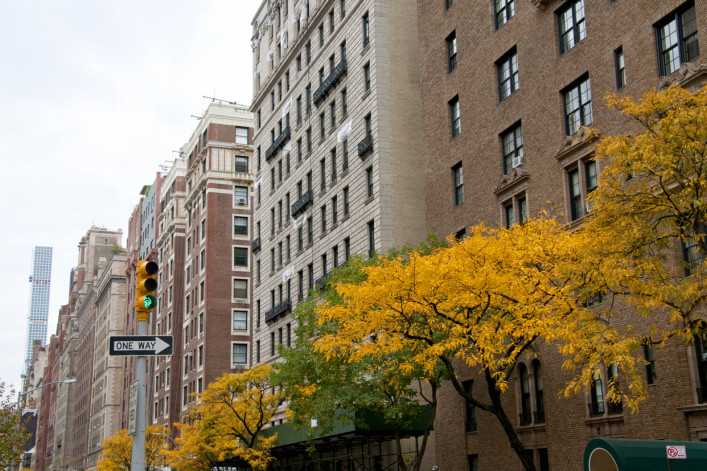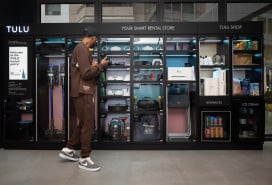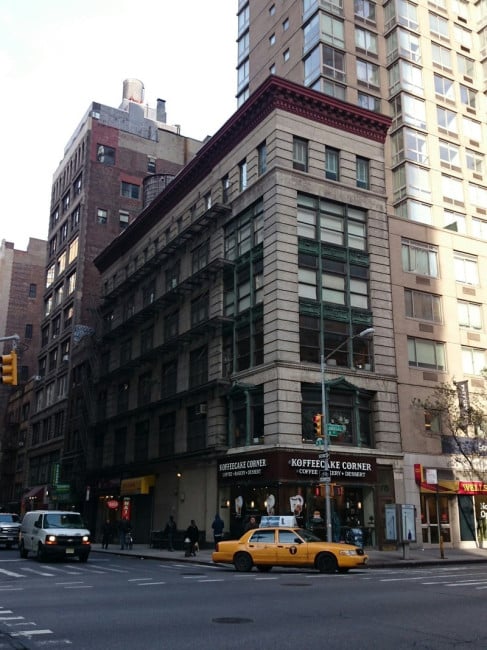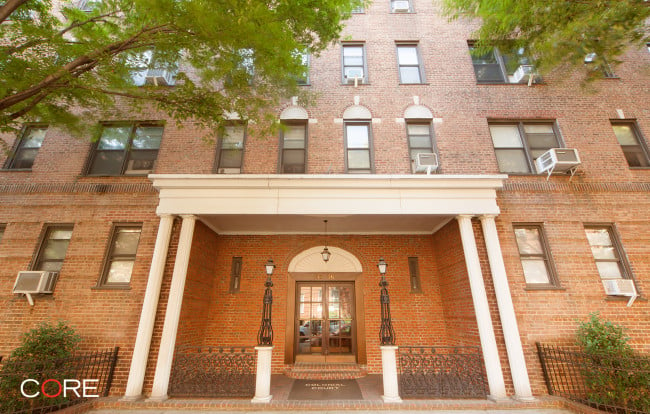My co-op board interview: The scheduling was messy, but fears about being an interracial couple were overblown

Manhattan board interviews have the reputation of being much more formal than the outer boroughs, but that proved not to be an issue in this case.
iStock
A board interview is the final step to approval when buying a co-op unit in New York City. In this series, New Yorkers tell Brick Underground about their experience with the interview process, what worked and what didn’t—and what you can learn. This week, Raul and Leah Malla, who asked that we use pseudonyms, share their experience buying a one-bedroom co-op on the Upper West Side. Raul works most of the week in Houston so scheduling the interview turned out to be frustrating—and expensive—as he changed his flight to accommodate the board but the couple's concerns about Manhattan's formality and being accepted as an interracial couple didn't play out.
What was your biggest concern going into the interview?
Raul: Firstly, I had heard and read a bunch of horror stories on social networking sites about how [a co-op board] can reject you arbitrarily, how they don’t have to provide a reason for any rejection and as an interracial couple buying on the UWS, I was a bit apprehensive.
Also, I’m a consultant. I travel and my client is out of state so I’m not in New York City between Sunday night and Thursday night, so scheduling was an issue. The board didn’t take my scheduling constraints into account. They scheduled on a Wednesday and then changed it to a Thursday and then back to a Wednesday, without any consideration that I was incurring a change fee every time I was changing my flight, and upsetting my client.
How much preparation did you do?
Leah: Our agent gave us a one-pager to review and that was helpful. From that, we were able to talk to each other about who was going to cover which questions. We’d read online about co-ops requiring you to go line by line through your financial records and tax information and everything in our board packet. So we knew we had to know all of the information in our board packet but I think we were worried there was going to be a 'gotcha' moment in the middle of the board interview when they would realize somehow we weren’t up to their standard.
How did it go?
Raul: Based on the crazy horror stories I’d read, I had constructed a ghoulish image, but they were very friendly, accommodating, sweet people and instantly charming. I was annoyed by the lack of awareness over the schedule change but as soon as I walked in, they apologized for all the scheduling issues. It was a genuine scheduling incongruency. At that moment, I had had to change my life around, but it turned out to have been much ado about nothing because they were tremendously pleasant people.
Manhattan board interviews have a reputation of being more formal than the outer boroughs. Was it?
Leah: I don’t think it was very formal at all. It was just three people, although the board is bigger than that, and it ended up just being a conversation with the five of us about the neighborhood. We’ve lived in the neighborhood a while so this was a way for us to put down roots and continue to live there. Most of [what we talked about] was restaurants in the area. We talked a little bit about the letters of reference but it was more in a welcoming, getting-to-know-you way, so it just felt like a conversation. It was pleasant and low-key. There was never a point at which we didn’t think we were going to get approval.
What questions were you asked?
Leah: They asked us about how many apartments we had seen, why we settled on this one, what we saw in the apartment that made it feel ideal to us. I don’t think there were any traps they were laying. They did ask if we planned on any renovations but they prefaced it by saying, "We know the apartment’s not in great shape, so what do you want to do with it?"
The apartment needs some updates in the kitchen but we said we weren't sure what we are going to do about it yet—which is true—and we would follow the required co-op rules when we decided. Our plans wouldn’t be major by their definition so that made it easier. It turned out they had all done work in their own apartments so they were telling us about their renovations, so it was good for us that they were understanding about it.
What had attracted you to the co-op?
Leah: It’s prewar so it has that charm. It has a pretty big kitchen which is what we were looking for and not always easy to find in a one bedroom. It’s actually very close to where we live right now. We wanted to stay in the neighborhood so we had a small area that was going to be ideal for us. It’s a smaller-sized co-op with around 60 units.
Smaller co-ops often require more involvement from residents. Does that appeal to you?
Raul: I think throughout the meeting they were trying to gauge our level of interest in involvement in the co-op. We didn’t broach the subject specifically. They told us how recently it had been updated. I think they were letting us know that being on the board is difficult. So I don’t know if they were just trying to get a read on how we felt. They were much more open with information than I had expected, telling us their plans for the future, how they struggled getting people on board with their management company. They gave us an inside peek into the machinations of a co-op board. It made me not want to be part of the board!
Leah: That may have been part of the point! They talked about how they had recently renovated the lobby and how some people wanted to weigh in and they gave us an insight into their decision making with the whole building and I think they were trying to get us used to that whole process.
What's your takeaway from the experience?
Leah: I was glad that we prepared the way we did. We went through everything, so even the small things that came up we were able to comment on, even though we had submitted the board package a month and a half earlier. They had obviously read the reference letters and paid attention to them, and wanted to know us.
Raul: The biggest surprise was that it was a very pleasant experience because we’d heard so many stories of unpleasant co-op board interviews. The most important thing is to be charming. We went in with smiles on our faces and we were receptive to their conversation style. Our agent reassured me [not to worry about being a] biracial couple. I’ve heard there are boards that recognize those kinds of things, and co-ops where that factors in. I needn't have worried because they were a tremendously nice group of people.
You Might Also Like































